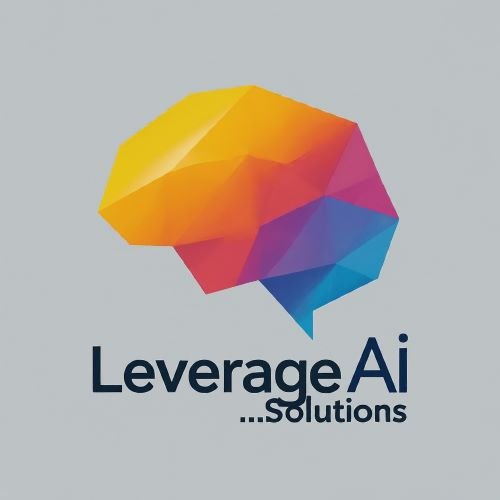Detroit’s Real Estate Revolution Driven by Digital Tokens
Outlier Media
The Digital Real Estate Revolution in Detroit
Detroit is undergoing a transformative shift in its real estate landscape, driven by the rise of digital tokens and blockchain technology. This innovative approach is not only reshaping property transactions but also attracting new investors to the Motor City.
In recent years, the concept of tokenization has gained traction, allowing real estate assets to be represented as digital tokens on a blockchain. This method enables fractional ownership, making it easier for individuals to invest in properties without needing substantial capital. As a result, Detroit’s real estate market is experiencing a surge in interest, particularly among tech-savvy investors looking to capitalize on the city’s economic revival.
How Tokenization Works
Tokenization involves creating a digital representation of a physical asset, such as real estate, on a blockchain. Each token represents a share of ownership in the property, allowing multiple investors to buy in. This process simplifies transactions, enhances transparency, and reduces the need for intermediaries, such as banks and brokers. Additionally, the use of smart contracts can automate various aspects of property management, from rent collection to maintenance requests.
The Impact on Detroit’s Housing Market
Detroit has long faced challenges, including population decline and economic instability. However, the introduction of blockchain technology and digital tokens is providing a new avenue for revitalization. Investors are increasingly drawn to the city’s affordable real estate options, and tokenization allows them to diversify their portfolios without the traditional barriers to entry. This influx of capital can lead to improved housing conditions and increased development projects, ultimately benefiting the local economy.
Furthermore, the ability to trade tokens on secondary markets offers liquidity that traditional real estate investments lack. This flexibility can attract even more investors, further stimulating the market.
Challenges and Considerations
While the potential benefits of tokenized real estate are significant, there are also challenges to consider. Regulatory uncertainty remains a key concern, as governments grapple with how to classify and oversee digital assets. Additionally, educating potential investors about the risks and rewards of tokenization is crucial to ensure informed decision-making.
Security is another critical factor. Investors must be cautious about scams and fraudulent schemes that can arise in the digital space. Robust cybersecurity measures and transparent practices are essential to build trust in this emerging market.
Looking Ahead
As Detroit continues to embrace technological advancements, the future of its real estate market looks promising. The integration of digital tokens is not just a trend; it represents a fundamental shift in how properties are bought, sold, and managed. As more investors recognize the advantages of tokenization, Detroit may solidify its status as a hub for innovation in real estate.
In conclusion, the digital real estate revolution in Detroit is an exciting development that could reshape the city’s economic landscape. By leveraging blockchain technology and digital tokens, investors have the opportunity to engage with the market in new ways, paving the path for a brighter future for Detroit’s real estate sector.
